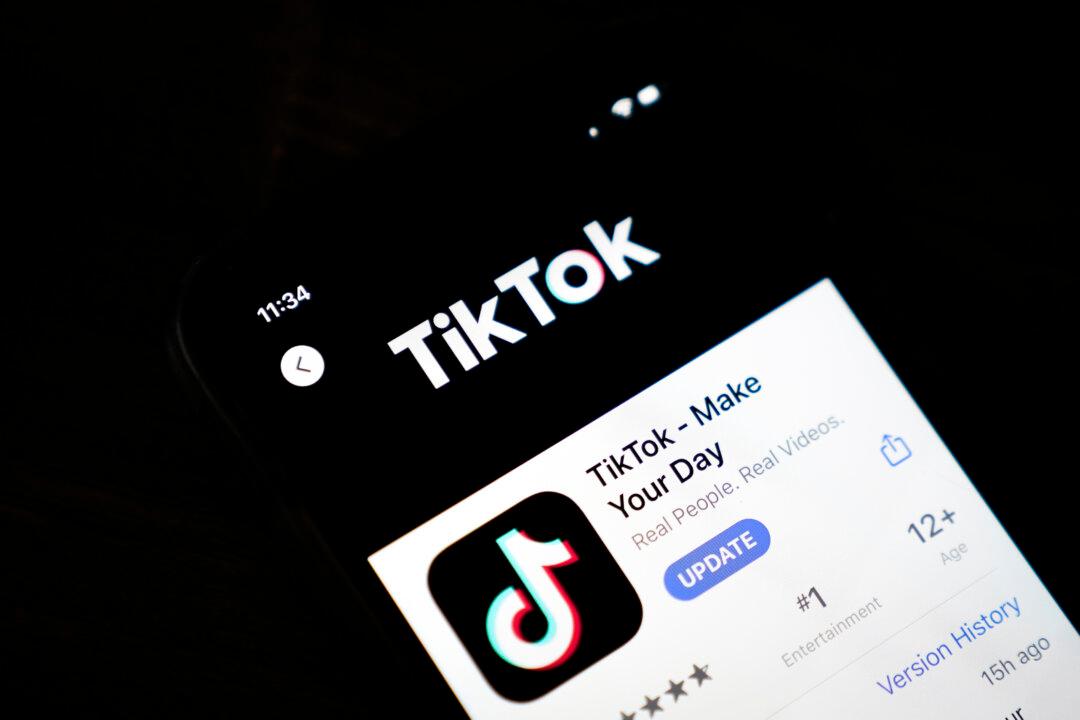New Zealand has moved to ban the Chinese-owned social media app TikTok from all parliamentary devices, citing the “unacceptable” level of risks posed by the popular video app.
Parliamentary Service Chief Executive Rafael Gonzalez-Montero said on Friday that TikTok—owned by Beijing-based firm ByteDance—would be removed from “all devices with access to the parliamentary network.”





